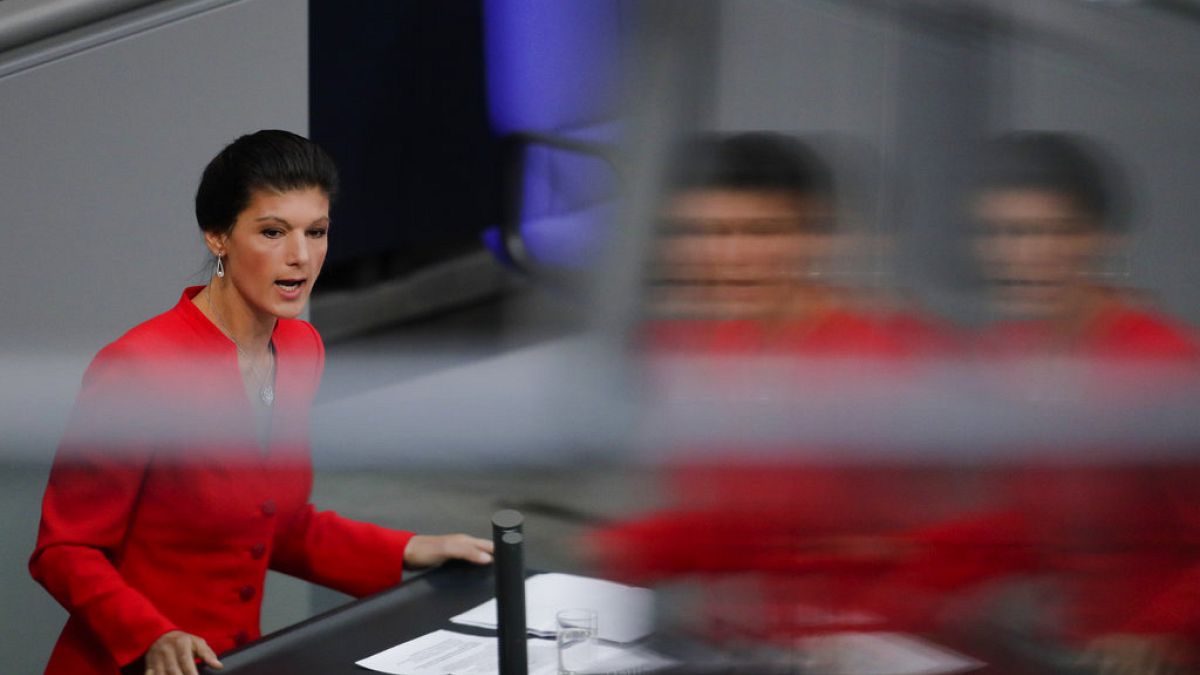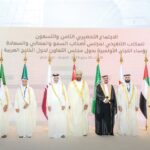Leftist factions and parties within the EU are gearing up to form a new parliamentary group in an effort to compete with the far right on issues such as appeasement with Russia, working-class rights, and migration. The Euronews Super Poll projections for the upcoming European Parliament elections indicate a shift in political dynamics, with some current groups expected to struggle against a conservative wave that is set to dominate the parliament. This has led to the emergence of new political alliances based on voter preferences, political strategies, and power dynamics.
One such grouping being considered is a populist and sovereignist left group led by Sahra Wagenknecht, a former leader of Die Linke in Germany. Talks are underway with similar parties across the EU to form this new parliamentary group, known informally as the “red sovereignists.” The objective of this group is to attract populist voters away from the far right while challenging the traditional centrist-liberal-democratic establishment on ideological grounds.
With the European Parliament elections scheduled for 9 June, there is a sense of uncertainty and anxiety among EU citizens about their future. This apprehension has fueled the growth of conservative forces that promise protection against economic challenges, migration issues, and the threat of war. However, these concerns are not exclusive to conservative parties, as there is overlap with the ideologies of the populist left as well, as noted by Boyd Wagner from the Euronews Polls Centre.
The potential formation of a new left-wing nationalist and populist group could disrupt the existing blocs in the European Parliament, particularly the S&D, the Left, and the non-attached. Sahra Wagenknecht’s influence as a prominent figure in the German radical left could play a pivotal role in attracting populist support away from parties like Alternative for Germany (AfD). The common theme among these left parties is prioritizing the well-being of their countries’ disenfranchised citizens.
While these new leftist parties may have differing views on certain issues, they could find common ground on addressing economic challenges, fostering a foreign policy of appeasement with Russia, and managing migration to mitigate its impact on domestic working-class populations. This shared security agenda could unite them in challenging the mainstream centrist parties that currently dominate the European political landscape.
Potential allies for Wagenknecht’s new parliamentary group include movements such as Italy’s 5 Stars Movement, Slovakia’s SMER party, and Belgium’s Workers Party, among others. These parties share similar views on issues like Russia, migration, and economic policies, making them potential partners in forming a cohesive populist and sovereignist left group within the European Parliament. The success of this new group will depend on their ability to negotiate alliances based on shared priorities and interests.










